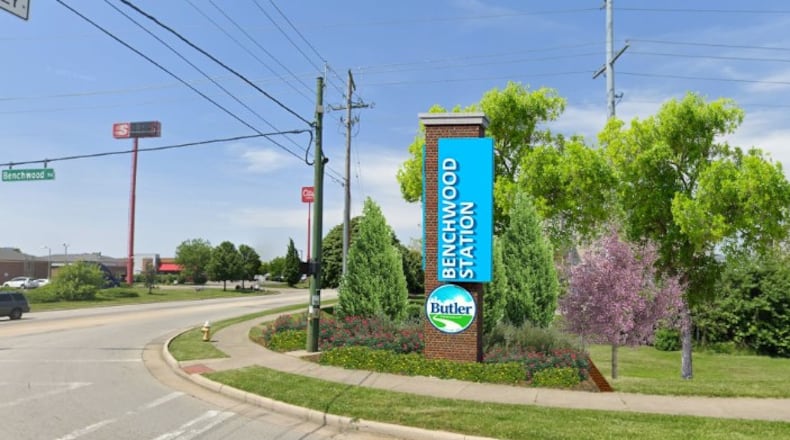In a memo published on the township’s website, officials explain LHR provides greater flexibility in governance and some independence from state government.
“As a statutory township, Butler Twp. has very little flexibility to address the concerns of residents and businesses,” the memo reads. “... LHR provides the ability for suburban and urban townships to make some decisions based on local need rather than leaving those decisions up to the state.”
If the measure is passed by voters on Nov. 5, LHR would be instituted on Jan. 1, 2025.
Under LHR, the township would gain the authority to:
* Pass nuisance and public safety resolutions not regulated by state law, including those pertaining to noise, lighting, parking, curfews for minors, transient vendors, solicitors, leash laws, and more.
* Use broader enforcement tactics for issues like zoning, nuisance, and public safety violations.
* Hire an independent engineer to work on roadway projects, with approval of the Montgomery County engineer.
* Incur a higher percentage of net indebtedness of 10.5% instead of 5% of tax valuation, and finance terms up to 30 years.
Limited Home Rule does not, however, grant the township authority to regulate hunting/trapping/fishing, or the use/sale of firearms, and does not impose new taxes unless voted upon by the electorate. It does not modify the structure of the township’s government, alter regulations related to agricultural uses, create criminal offenses or impose criminal penalties, or revise regulations and standards related to subdivisions, road construction, storm water, or building code.
Of the 1,308 townships in Ohio, more than 30 have adopted LHR. In Montgomery County, this includes the larger Miami Twp. and Washington Twp.
For more information, visit butlertownship.com/community/limited-home-rule, or see the Ohio Legislative Service Commission’s summary by visiting lsc.ohio.gov, and typing “limited home rule” in the search bar.
About the Author

